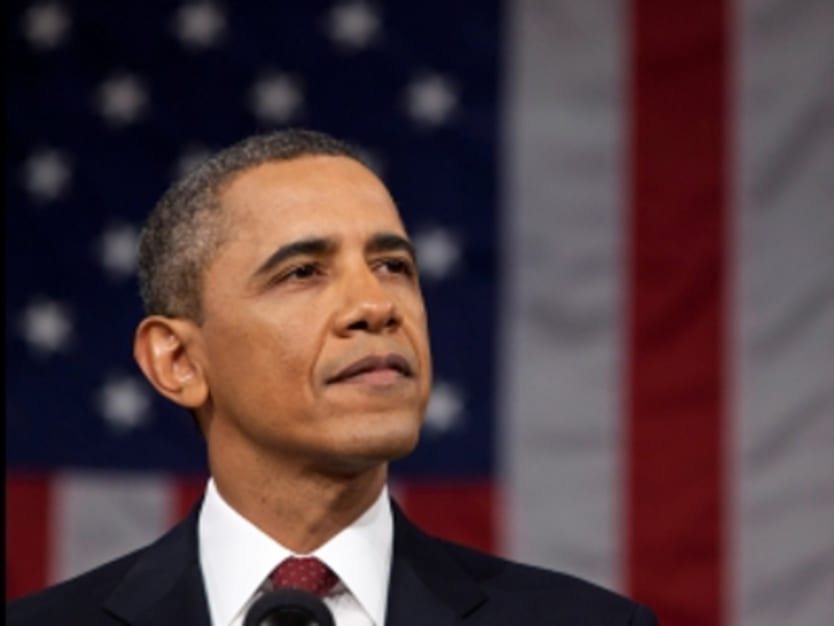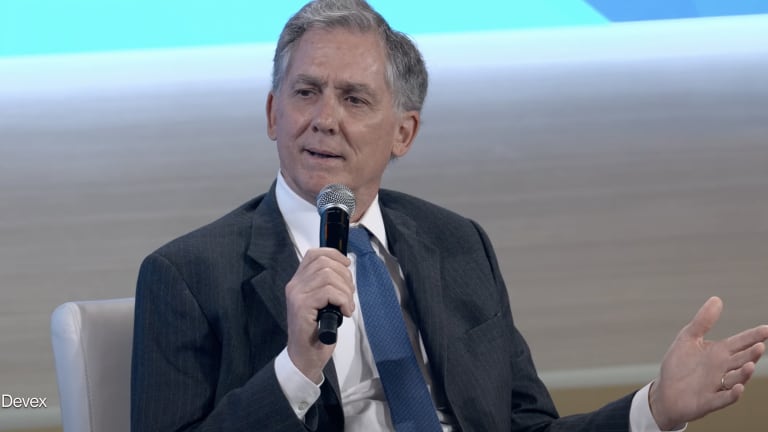
This week, Robert Zoellick made it official: He will step down as World Bank president in June. Traditionally, the U.S. president has hand-picked the bank chief, and this time will likely be no different.
As President Barack Obama ponders his choices, one of them is preparing for a series of congressional hearings on the administration’s fiscal 2013 foreign affairs budget request, published on Monday. Over the coming weeks, Secretary of State Hillary Clinton — as well as U.S. Agency for International Development Administrator Rajiv Shah and Millennium Challenge Corp.CEO Daniel Yohannes — will again try to convince budget-conscious lawmakers that the modest funding increases sought by the White House would enhance national security and increase economic opportunity.
The message is not new, but what’s interesting is how the administration continues to advance major reform initiatives even without active support from conservative lawmakers, including Feed the Future and USAID Forward, the agency’s reform of procurement and other procedures.
Here are some key takeaways from Obama’s 2013 budget proposal:
USAID continues to advance local procurement. The agency is eager to build on lessons learned from recent pilot projects and purchase 30 percent of goods and services locally by 2015.
The agency is increasingly focusing on economic development, using private sector approaches and boosting the investment climate in the developing world.
Although overall, the budget proposal has been praised as “reasonable” given ongoing fiscal calamities, expect lobbying by disgruntled global health and refugee advocates who would like to see funding increases.
Here are some other interesting nuggets buried in the proposal:
“Partnerships for Growth” endure
Obama’s historic 2010 presidential policy directive on global development sparked Partnerships for Growth, a U.S. governmentwide approach to engage more with countries that have demonstrated a strong commitment to democratic governance and sustainable development. The administration believes supporting broad-based economic growth will create a new breed of emerging markets and in turn become U.S. trade and investment partners. El Salvador, Ghana, the Philippines and Tanzania comprise initial PfG countries, and USAID and the Department of State intend to continue working with these countries to promote broad-based economic growth in fiscal 2013.
MCC
MCC expects to use 2013 funding for second compacts with El Salvador, Benin and, according to one document, Ghana. These investments, the White House argues, embody “smart aid” and will help advance economic growth and poverty reduction and, consequently, stability in MCC’s strategic and high-performing partners. With USAID’s help, the government corporation also wants to pursue threshold programs with Nepal and Honduras to prepare these countries for MCC compacts in the future.
Honduras, of course, has already been awarded a compact, which was in fact the first to be completed. In a hearing last year, House Foreign Affairs Committee chairwoman Elena Ros-Lehtinen grilled Yohannes on why MCC is not considering Honduras for a second compact.
Asian Development Bank
The United States worries about losing influence at the Asian Development Bank.
The Obama administration is requesting $107 million for the bank, which includes funds to settle arrears associated with the United States’ general capital increase commitment at ADB. These arrears were a result of a 0.2 percent across-the-board rescission in fiscal 2011. According to the White House, the payment is necessary to avert a permanent loss of U.S. shareholding, which would end the country’s status as co-equal shareholder with Japan and lose influence at a time when other shareholders have expressed interest in buying any shares being relinquished.
Which countries are expressing interest to purchase U.S. shares? This list of ADB shareholders may provide answers.
UNESCO funding
Due to legal restrictions, the United States last year had to cut funding for UNESCO after the intergovernmental body admitted Palestine as a full member. The Obama administration wants to work with Congress to allow more funding flexibility. Obama is proposing to allot $79 million for UNESCO in 2013.
What other aspects of the 2013 budget request did you find noteworthy? What proposals will pass congressional muster? Let us know by leaving a comment below!
Eliza Villarino contributed to this report.
Read more:
Reform efforts drive fiscal 2013 hiring plans at USAID, State
Obama’s 2013 foreign aid budget request: The good, the bad and the ugly
Read last week’s Development Buzz.








